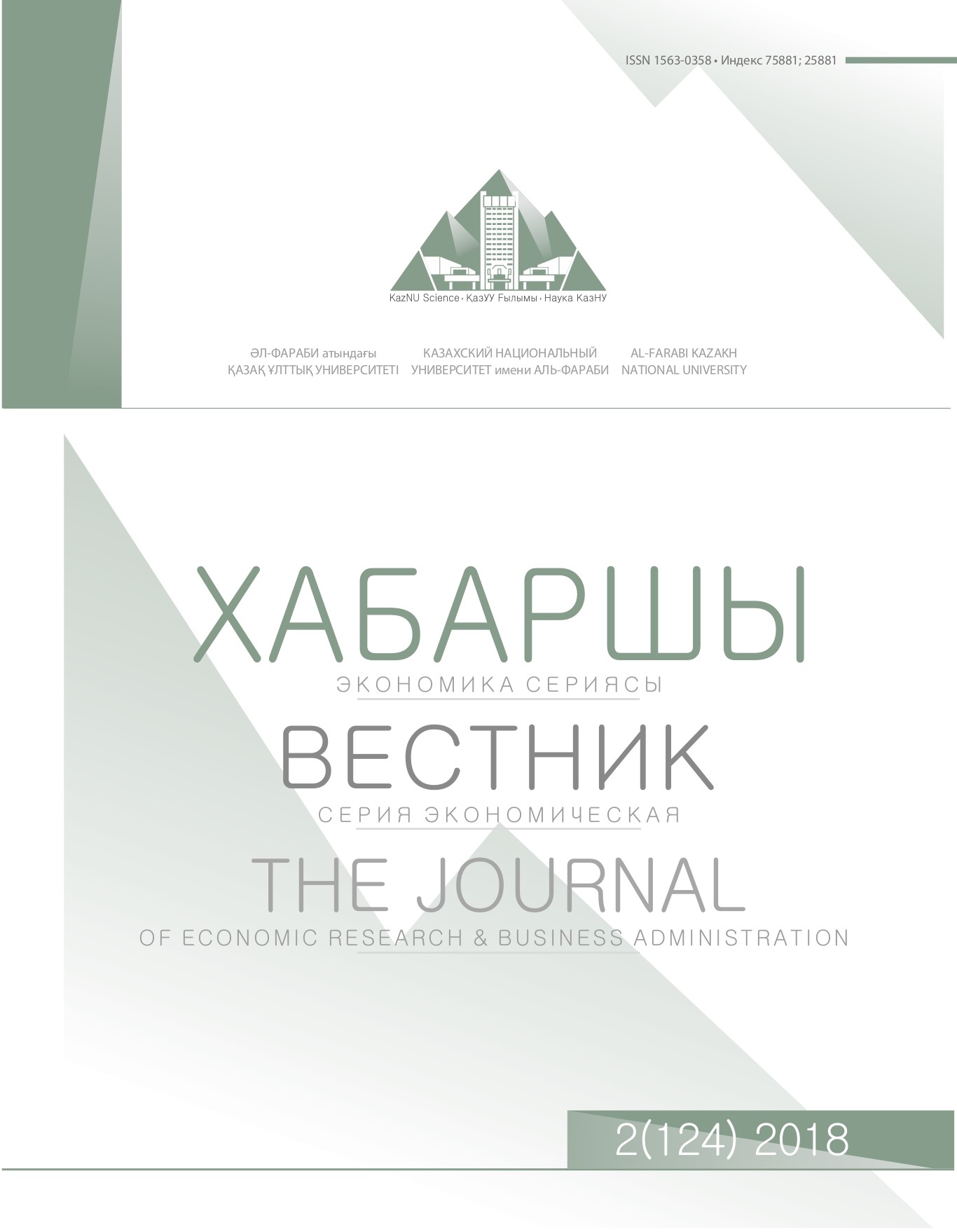FACTORS OF KNOWLEDGE ECONOMY AFFECTING ON INCOME INEQUALITY IN POST-SOVIET COUNTRIES
Аннотация
The importance of knowledge in the economy is so remarkable that many economists consider their
role to be even stronger than traditional production factors such as labor and capital. The significance of
this issue is a knowledge-based term. Consequently, the identification of the components of the knowledge.
This study examines the impact of the components of the knowledge-based economy on income
inequality in the Post-Soviet countries. Therefore, using the model of panel data, the influence of such
variables as education, innovation, information and communication technologies (ICT) and institutional
modes of income inequality was studied. A significant and positive effect was achieved for the components
of knowledge, the index of institutional economic regimes; positive, but insignificant effect for the
index of innovation and creativity; negative and significant effect on the education index; and a negative
and insignificant effect on ICT in relation to income inequality in the Post-Soviet countries. Moreover,
it was found that the relationship between income inequality and per capita income is similar to an inverted
U-shape over time.













